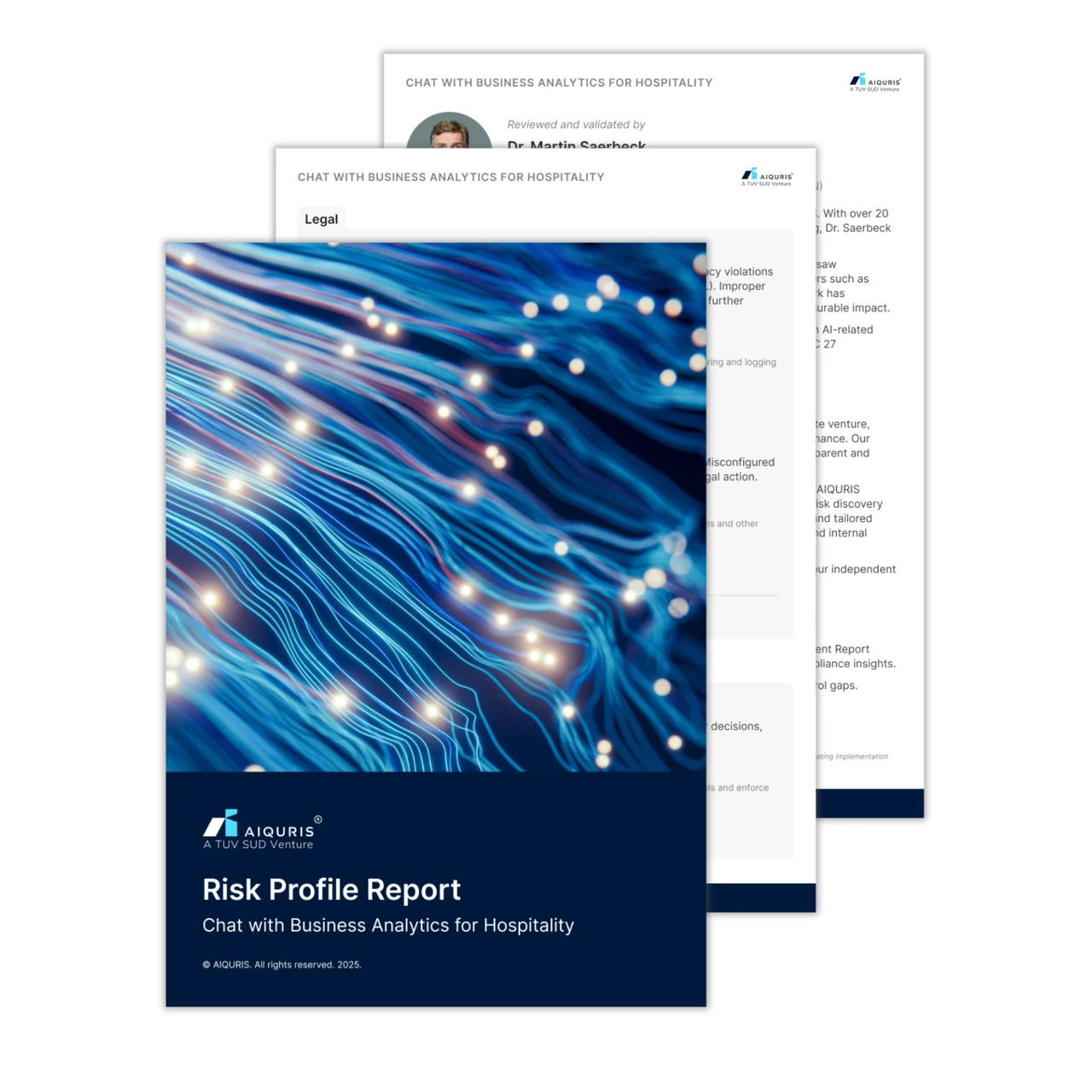As businesses strive to enhance productivity and efficiency, artificial intelligence (AI) has emerged as a critical component in redefining how work is accomplished. From automating mundane tasks to facilitating complex decision-making processes, understanding the role of AI in the workplace is essential for organisations looking to thrive in this new era. According to a report by McKinsey 1, 70% of companies have adopted at least one AI application, with 58% of those reporting measurable improvements in efficiency and cost reduction.
The Impact of AI in the Workplace
AI in the workplace is no longer a futuristic concept; it is a reality that many organisations are beginning to embrace. According to Gallup 2, 93% of Fortune 500 CHROs report integrating AI tools into their operations. However, only one-third of employees feel aware of these efforts, highlighting a significant gap in communication around AI adoption.
Key Benefits of Implementing AI
-
Increased Efficiency: By automating repetitive tasks like data entry and scheduling, AI frees up employee time for more strategic initiatives.
-
Enhanced Decision-Making: AI systems can analyse vast amounts of data quickly, providing actionable insights that help teams make informed decisions faster than ever before.
-
Improved Collaboration: Tools powered by AI facilitate seamless communication across departments, particularly in global teams where language barriers may exist.
-
Cost Reduction: Many companies find that implementing AI solutions leads to substantial cost savings through increased operational efficiencies.
Real-World Applications of AI Across Industries
The versatility of AI allows it to be applied across various sectors:
-
Healthcare: AI-driven diagnostic tools such as IBM Watson assist doctors in identifying conditions with greater accuracy 3.
-
Finance: Automated systems by Mastercard monitor transactions in real-time to detect fraudulent activities, minimising potential losses 4.
-
Retail: Platforms like Salesforce use AI chatbots to provide instant customer support, enhancing user experience while reducing the workload on human agents 5.
-
Manufacturing: Companies like Siemens utilise predictive maintenance to foresee equipment failures, thereby decreasing downtime and repair costs 6.
-
Marketing: HubSpot employs AI to analyse consumer behaviour patterns, helping tailor marketing strategies effectively 7.
-
Logistics: Firms like Amazon optimise supply chain management and delivery routes using AI, improving efficiency and reducing costs 8.
-
Renewable Energy: Google's DeepMind enhances energy forecasting and grid management, aiding in the integration of renewable resources 9.
These applications demonstrate how AI can transform traditional practices into innovative approaches that drive growth and efficiency.
Preparing for the Future of AI in Workplaces
To fully leverage the benefits of AI, organisations must prepare for its integration thoughtfully. As highlighted by Microsoft 10, 75% of knowledge workers are already utilising generative AI at work. Here are some key considerations for successful implementation:
Addressing Employee Concerns
While AI offers numerous advantages, it also raises concerns about job security and skill relevance. To alleviate fears, employers should:
-
Communicate transparently about AI's role in augmenting rather than replacing human jobs.Involve employees early in the AI adoption process to foster trust and collaboration.
-
Provide ongoing training programmes to equip employees with necessary skills to work alongside AI technologies.
-
Encourage open dialogue to allow workers to express concerns and share suggestions regarding AI deployment.
Tips for Effective AI Implementation
Use Case Risk Assessment: Clearly define what will be achieved and how AI will be leveraged, using platforms like AIQURIS ® to determine what risks your organisation may be exposed to.
Mitigate Risks: Establish appropriate mitigation strategies based on your compliance requirements and organisational risk appetite.
Develop Clear Strategies: Align AI goals with broader business objectives to ensure coherent integration throughout the organisation.
Invest in Training: Comprehensive training will empower employees to utilise AI tools confidently, maximising their effectiveness.
Monitor and Adapt: Continually assess the impact of AI on productivity and morale, making adjustments as necessary to meet organisational needs.
Ensure Ongoing Compliance and Security: As use-cases evolve, underlying models change, or new threats emerge, your organisation will need to keep itself abreast of its obligations. AIQURIS ®' Ongoing Monitoring service can support your teams to provide this coverage.
Conclusion
Integrating AI for work presents immense opportunities for organisations willing to adapt. While navigating the complexities of AI adoption requires thoughtful consideration, there is an urgency in embracing robust solutions like AIQURIS ® to maintain competitiveness. With AI transforming industries, organisations must act swiftly to harness its power effectively.






